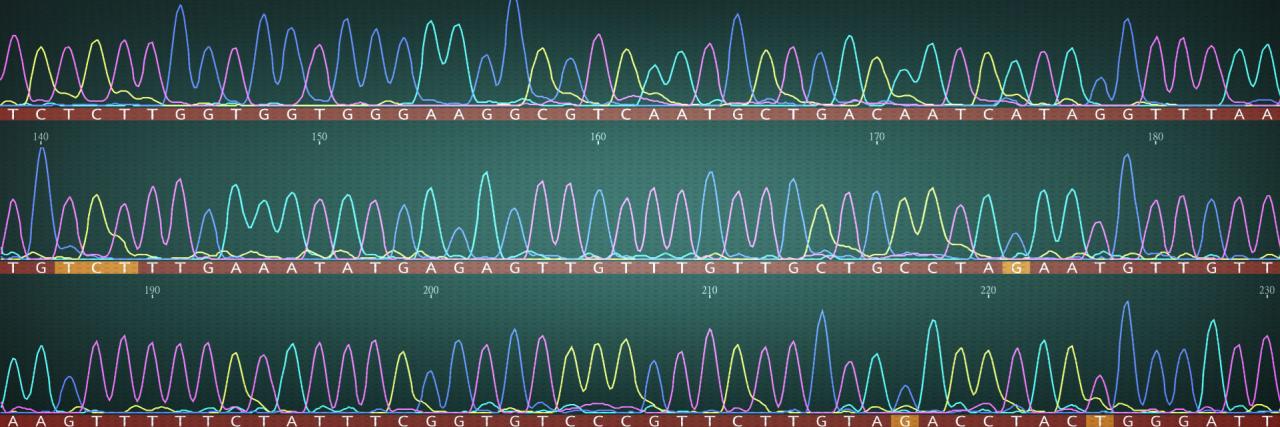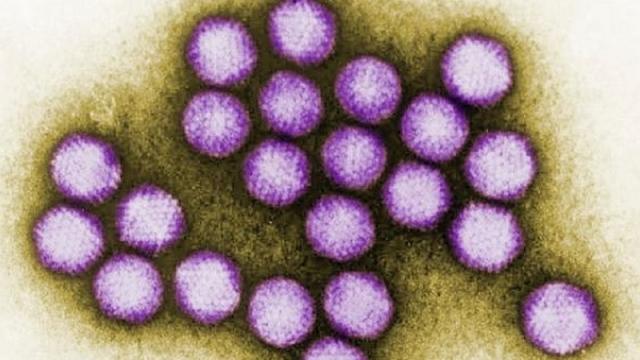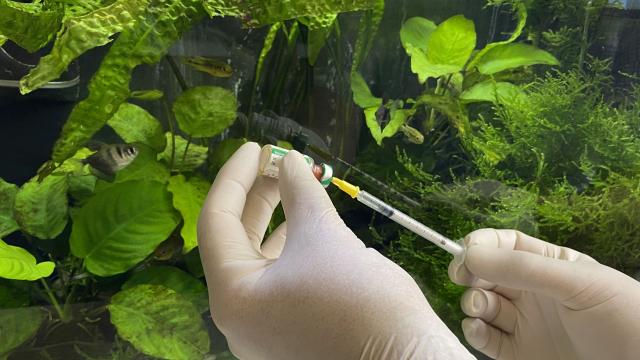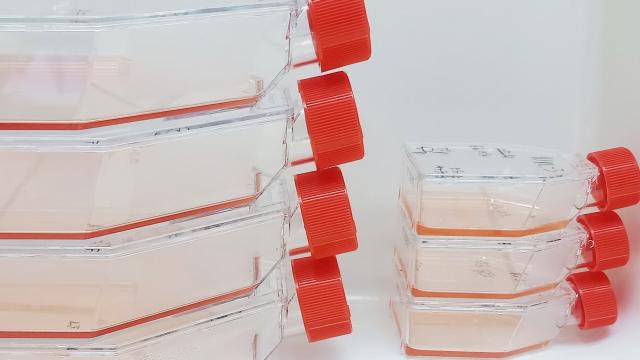Molecular Virology

Our research team studies the diversity and prevalence of adenoviruses and other DNA viruses occurring in economically important and pet animals, and in exotic zoo and wild animals.
In frames of basic research, we study the molecular evolution and biodiversity of the DNA viruses causing veterinary problems by applying molecular and bioinformatics methods. We seek to detect and characterize as many adenoviruses as possible. We test our hypothesis for the general coevolution of viruses with their hosts, the occasional changes in their genome organization (gaining novel genes, the duplication and loss of some). We study the function of certain viral genes and proteins, including the adenoviral proteins responsible for the attachment to the cellular receptors and for the manipulation of the cell function. In certain cases, we try to find the reasons for the elevated pathogenicity. The animal viral vectors as gene delivery vehicles can be applied both in veterinary and in human medicine for vaccination, gene or oncotherapy. Numerous novel circo-, herpes- and parvovirus are identified in vertebrate animals (from fish to mammals), and a part of these viruses turned out to represent new taxons (species, genus or family). We participate in the forming and improving of viral taxonomy. Our secondary task is the participation in the higher education, performed by involving Hungarian and foreign BSc, MSc and PhD students into our research. Our third responsibility is science dissemination. It is performed by identifying the above-mentioned viruses helping thus Hungarian and foreign diagnostic laboratories and veterinarians, and educating the wider public.
Services:
- We provide an up-to-date database (a graphic summary) of available adenoviral sequences.
- Free diagnostic work is provided for Hungarian and foreign university departments and diagnostic laboratories.
- We are willing to educate and train young professionals in our research themes and on the fields of connected analytical and study methods.
National and international cooperations:
- Centro Nacional de Biotecnología (CNB-CSIC), Madrid, Spain
- International Committee for Taxonomy of Viruses
- Janssen Infectious Diseases and Vaccines, Leiden, The Netherlands
- Umeå University, Sweden
- University of Oxford, Oxford, UK
- University of Glasgow, Glasgow, UK
Graphic summary of available adenoviral sequences



